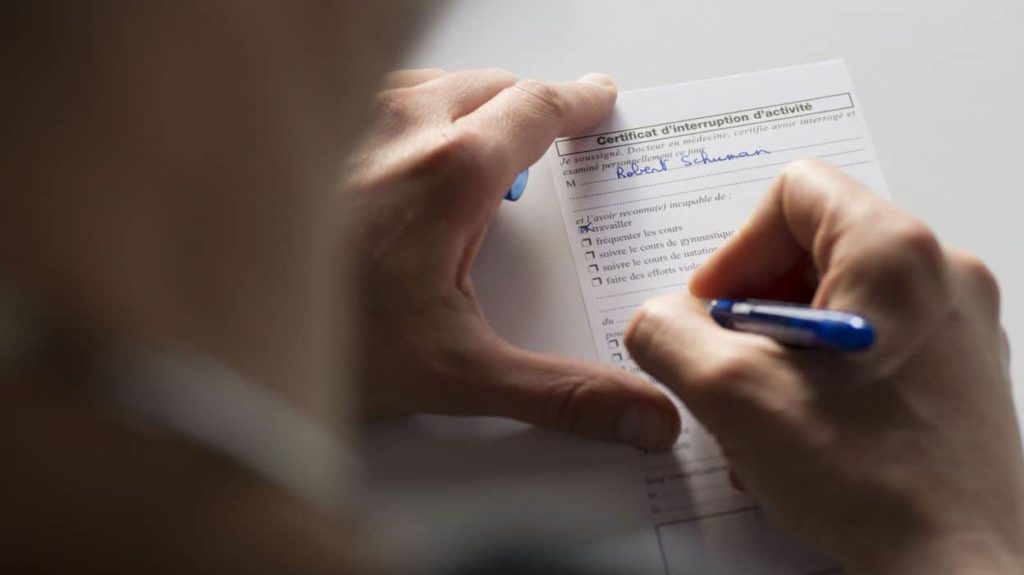From Wednesday, general practitioners in Belgium can stop giving paper prescriptions by default.
It became mandatory to offer digital prescriptions countrywide on 1 January 2020, and the new measure continues the health sector’s efforts to go more digital. However, those who wish to have a paper prescription can still ask for one.
"The doctor must still inform the patient about his or her options for prescriptions and then give them the choice," Luc De Serrano, spokesperson for the General Pharmaceutical Association (APB), told The Brussels Times.
GPs will no longer have to print out a paper prescription for their patients when issuing medication, and instead, electronic identification, the national registration number, or proof of prescription on a smartphone will allow pharmacists to know exactly which medicine to prescribe.
"All of this fits in with the further digitalisation of healthcare and also fits in seamlessly with the digitalisation of the profession of pharmacist," De Serrano said.
This means that patients can now collect prescription medicines from the pharmacy in three ways, and can choose the option best suited to their needs.
"The prescriptions can now be picked up either via a printout of the Electronic Prescription, via the offer of already existing apps or via a reading of the eID card in the pharmacy," he explained.
The benefit of the third option is that people can go to the pharmacy without a paper or digital proof of electronic prescription, "however, when a technical problem occurs, your pharmacist has no access to your prescription and cannot dispense your medicines," De Serrano explained.
Improved communication and cooperation
Making prescriptions digital is also advantageous for doctors, as they will also be able to track the status of their prescriptions digitally, which will prevent prescriptions from being lost, whilst pharmacists will be able to adapt their advice, as they are given a complete and detailed overview of the prescribed medicine.
"The pharmacy sector is happy to contribute to a good and smooth implementation of this digitisation in the healthcare landscape, because it leads to better communication and cooperation between healthcare providers, as an aid to better and more qualitative care for the patient," De Serrano said.
Since 1 June, pharmacies have been accepting this form of prescription. But digitised prescriptions have now been rolled out on a large scale.
By the end of the year, it will also be possible to give a digital proxy so that the patient no longer has to go to the pharmacy in person.
Lauren Walker

